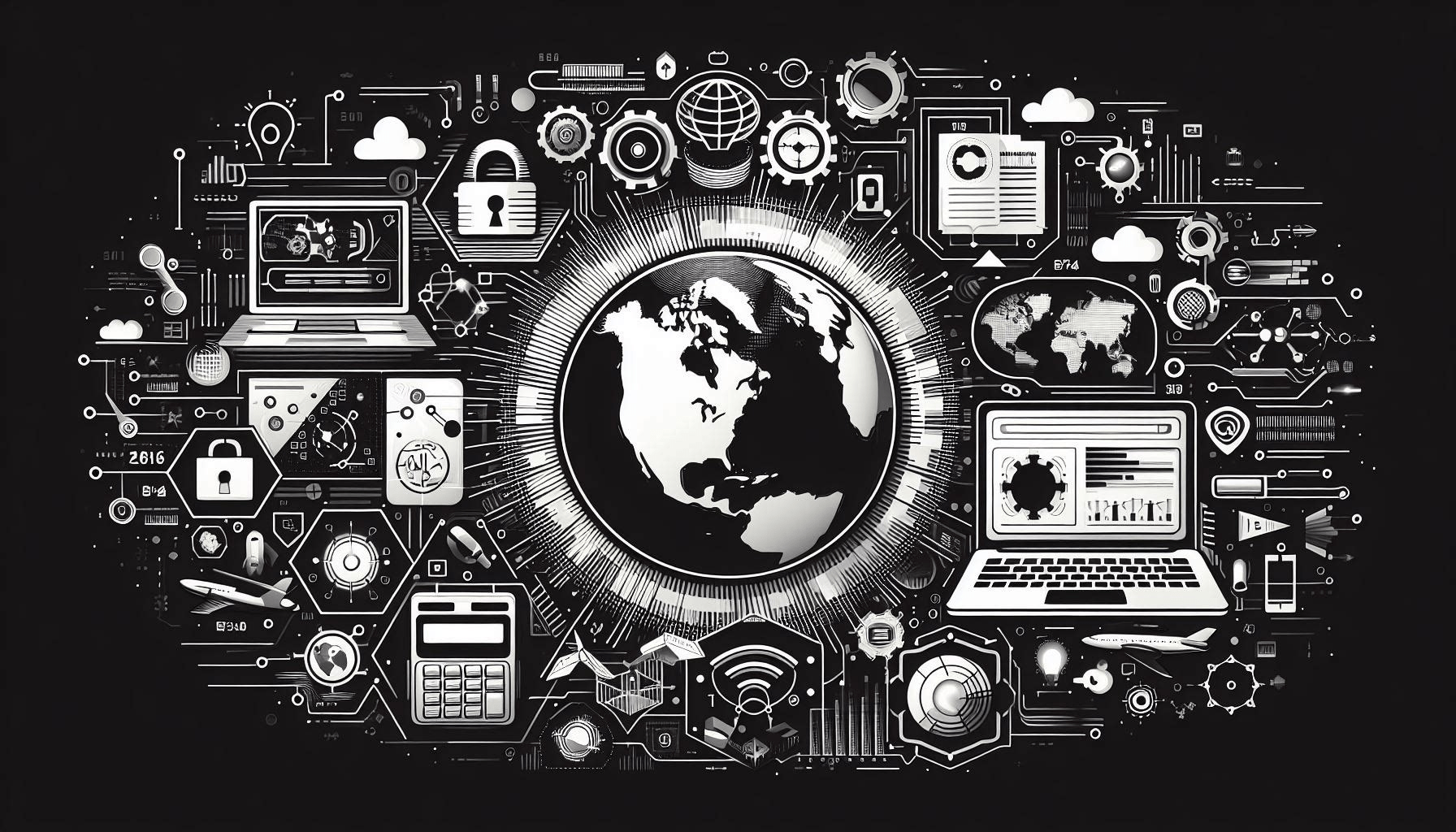
Information Security vs Cyber Security: What’s the Difference?
Information security and cyber security are two terms that are often used interchangeably, but they are not exactly the same. Both fields deal with protecting data and information from unauthorized access, use, or disclosure, but they have different scopes and applications. In this article, we will explain the main differences and similarities between information security and cyber security and why they are both important in today’s digital world.
What is Information Security?
Information security, also known as infosec, is the practice of protecting information and information systems from any kind of threat, whether it is physical, digital, human, or natural. Information security covers all types of information, regardless of the format, medium, or location. This includes data stored on paper, computers, mobile devices, cloud servers, or any other storage media.
The main goals of information security are to ensure the confidentiality, integrity, and availability of information. Confidentiality means that only authorized people can access the information. Integrity means that the information is accurate and complete and has not been tampered with. Availability means that the information is accessible and usable when needed.
To achieve these goals, information security professionals use various methods and techniques, such as encryption, authentication, authorization, backup, firewall, antivirus, and more. They also design and implement policies and procedures to govern the creation, use, storage, and disposal of information. Additionally, they conduct risk assessments, audits, and awareness programs to identify and mitigate potential threats and vulnerabilities.
What is Cyber Security?
Cyber security, also known as computer security or IT security, is a subset of information security that focuses on protecting information and information systems that are connected to the internet or other networks. Cyber security deals with the prevention, detection, and response to cyberattacks, which are malicious attempts to compromise the security of information or information systems.
Cyber security covers a wide range of domains and technologies, such as network security, cloud security, application security, endpoint security, web security, mobile security, and more. Cyber security also involves protecting critical infrastructure, such as power grids, transportation systems, or healthcare facilities, from cyberattacks that could cause physical damage or disruption.
Cyber security professionals use various tools and techniques, such as encryption, firewalls, antivirus, intrusion detection and prevention systems, malware analysis, penetration testing, and more. They also monitor and analyze the network traffic and activity and respond to incidents or breaches. Furthermore, they follow the best practices and standards to ensure the security and compliance of information and information systems.
What are the Similarities and Differences?
Information security and cyber security have many similarities, as they both aim to protect information and information systems from unauthorized access, use, or disclosure. They both require technical skills, knowledge, and analytical and problem-solving abilities. They follow the same principles and processes, such as risk management, security governance, security operations, and security testing.
However, information security and cyber security also have some differences, mainly in terms of scope and application. Information security is broader and more comprehensive, as it covers all types of information, regardless of the format, medium, or location. Cyber security is narrower and more specific, as it covers only the information and information systems that are connected to the internet or other networks.
Another difference is that information security and cyber security face different types of threats and challenges. Information security faces threats from both the physical and digital realms, such as theft, fire, flood, vandalism, sabotage, or espionage. Cyber security faces threats mainly from the digital realm, such as hackers, malware, phishing, denial-of-service, or ransomware.
Why are they both Important?
Information security and cyber security are both important and essential in today’s digital world, as information is one of the most valuable and vulnerable assets for individuals, organizations, and nations. Information security and cyber security help to protect the privacy, confidentiality, integrity, and availability of information and to prevent the loss, damage, or misuse of information. Information security and cyber security also help to enhance the trust, reliability, and efficiency of information and information systems and to support the innovation, development, and growth of the digital economy and society.